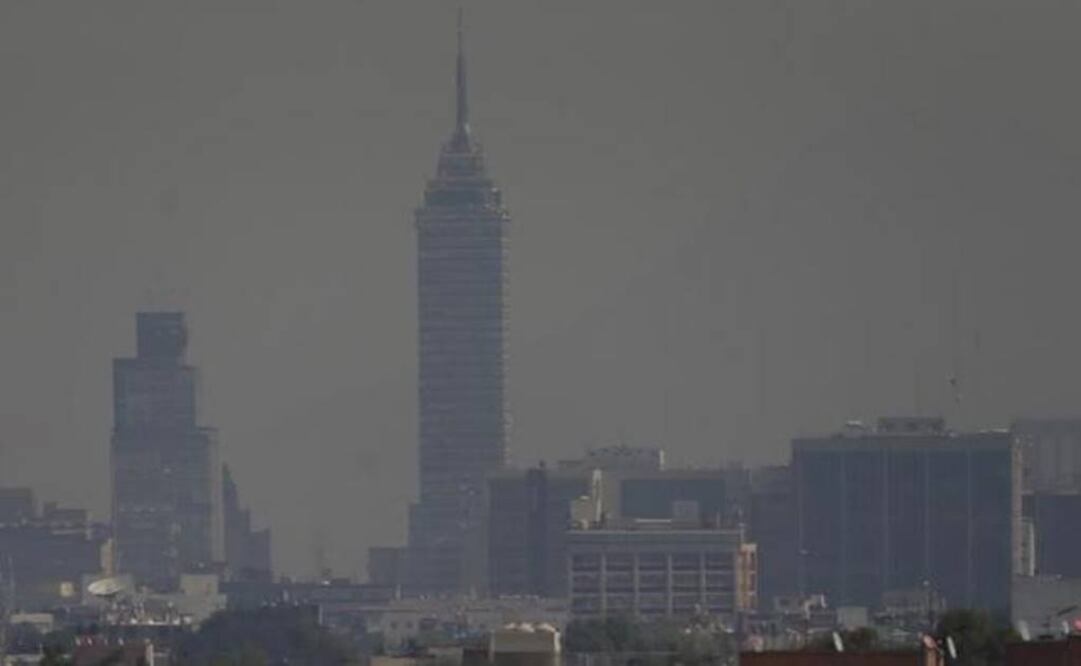Mexico will launch a year-long simulation of a cap-and-trade program in November, Mexican officials said on Monday, in a test run for a national carbon market expected to launch in 2018.
The pilot program will involve the voluntary participation of up to 60 companies, giving them a chance to adapt to a forthcoming carbon credit system in which polluters will be obligated to offset emissions with tradeable certificates.
"When we have mechanisms that facilitate the reduction of greenhouse gases, we're implicitly reducing pollution," Mexico's deputy minister for environmental policy and planning, Rodolfo Lacy, said at an event in Mexico City.
Cap-and-trade systems put limits on companies' greenhouse gas emissions. Firms that produce emissions below their cap are able to sell their excess allowances to other businesses polluting above their limit.
In order to fully roll out the program, the government will need to establish a cap on greenhouse gas emissions and verify the levels of carbon dioxide equivalents that businesses report to a national emissions registry, said Andres Prieto, a research analyst at MEXICO2, the platform that will oversee the trade of carbon credits.
Roberto Frau, a senior sustainability specialist at Cocoa Services, a public policy and social development advisory group, said Mexico would need to continue developing its regulatory framework to successfully launch a carbon market.
"There's a lot of pressure on Mexico internationally and from within to start delivering real results," Frau said.
In December, Mexico said it would implement measures to reduce greenhouse gas emissions by 22 percent by 2030 as part of the Paris climate agreement. Additionally, the country, a major oil producer, aims to generate 50 percent of its energy from clean sources by 2025.
Noticias según tus intereses
[Publicidad]
[Publicidad]














